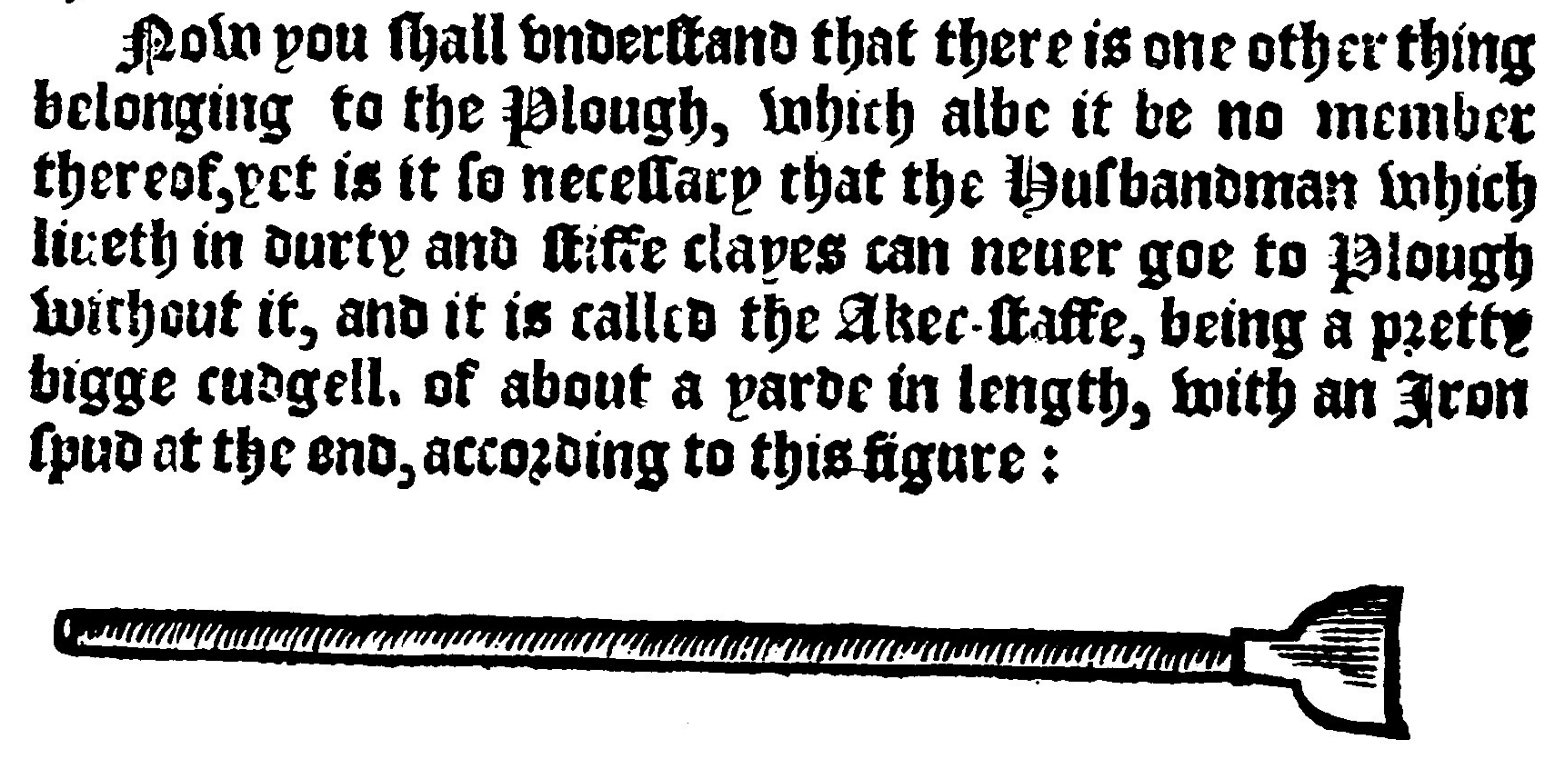6 January 2022
The slang Americanism say uncle is an odd phrase. It means to submit, to surrender, to give in, but why uncle is used in the phrase seemingly makes no sense. The phrase is frequently heard on playgrounds, where one child holds another down until they say uncle. Often when researching the origin of slang, the metaphor underlying the term in question cannot be determined for certain. But say uncle is a case where we have a trail of evidence for where it comes from and how it transitioned from the specific context of a joke to a generalized slang phrase.
An uncle is the brother or brother-in-law of one of your parents. The word was borrowed into English from Anglo-Norman French, where it was a clipping of the Latin avunculus. The Old English terms for an uncle subsequently fell out of use. These Old English words were eam, a maternal uncle, and fædera, a paternal uncle. (Eam, in the form eme, survived in Scots and northern English dialects into the nineteenth century, although it lost the maternal distinction along the way.)
The word uncle is recorded in Anglo-Norman in the early twelfth century, and it appears in Middle English by 1300 in the South-English Legendary in the life of Saint Edward:
His broþur, þe king Aþeldred : guod man was i-nouȝ;
Edward was is sone i-hote : þat to alle guodnesse drouȝ,
Þat king was sethþe aftur him : and heiȝ halewe in heouene is,
I-cleoped seint Edward aftur is vncle : at West-Munstre he lijth, i-wis.(His brother, the King Athelred [the Unready], was very much a good man; Edward was called his sone, that all the goodness was drawn to him. Afterward, Aþelred was king after him, and is a high saint in heaven. Saint Edward is named after his uncle, and I know he is buried at Westminster.)
Uncle’s etymology, therefore, is quite simple and straightforward. A bit boring, even. But that of the Americanism say/cry uncle is neither. The phrase say uncle stems from a joke that is first recorded in Dublin’s Weekly Irish Times on 20 June 1891:
A gentleman was boasting that his parrot would repeat anything he told him. For example, he told him several times, before some friends, to say “Uncle,” but the parrot would not repeat it. In anger he seized the bird, and half-twisting its neck, said: “Say ‘Uncle,’ you beggar,” and threw him into a fowlpen, in which he had ten prize fowls. Shortly afterwards, thinking perhaps he had killed the parrot, he went to the pen. To his surprise he found nine of the fowls dead on the floor, with their necks wrung, and the parrot standing on the tenth twisting his neck and screaming: “Say ‘Uncle,’ you beggar.”
Why uncle was used in the joke is probably an arbitrary choice, but uncle is a term of respect given to an older, male relative or family friend and the man may have been trying to teach the parrot to address him as such.
In any case, the joke was an enormously popular one, appearing in a London paper on 25 September 1891, and making it as far as an Iowa paper by 9 October. And it was retold countless times in US newspapers over the next several decades.
We start to see the transition from joke to phrase in a cartoon that appears in the Atlanta Journal on 1 February 1903. In the cartoon, titled “Simon Finds the Telephone Useful,” a boy is teaching his parrot to talk when the telephone rings. The caller is a shopkeeper who wants payment for the crackers the boy bought, presumably to train the parrot. The boy puts the parrot on the phone, and the bird starts insulting the shopkeeper, calling him a “liar” and other epithets. Angered the shopkeeper arrives at the boy’s house, where the door is answered by the boy’s father. In the final frame, we see the shopkeeper beating the father with a club while the boy and parrot look on. The parrot says, “make him say uncle.” Clearly, this is a reference to the well-known joke, but the context is different and say uncle is on its way to becoming a slang phrase.
And we see the slang phrase in the sense of agreeing to submit within a decade. The Trenton Evening Times of 27 March 1912 has this account of a basketball game between the Trenton team and Philadelphia’s Jasper Jewels:
Just as soon as Referee Baetzel slipped the ball into play it was a foregone conclusion that Jasper was not as fast as they believe them to be down in Philadelphia. The Trenton players simply went after the Jewels and made “’em say uncle.”
It is likely that say uncle was in widespread oral use well before this 1912 date. Slang terms such as this one usually take some time to move from oral use into print publications.
There is a belief, touted by some respectable sources (including the Oxford English Dictionary and Green’s Dictionary of Slang), that say uncle is a folk etymology from the Irish anacol, meaning an act of protection, quarter. Anacol is a verbal noun from aingid, meaning to protect. This idea was first put forward in the journal American Speech in 1976, but it is speculation with essentially no evidence to support it. Besides the documented path of the phrase’s development in North America, say uncle is clearly an Americanism, not generally found in Ireland or Britain. Nor are there any recorded instances of say anacol or anything similar that would lend credence to the idea of a folk etymology. The original joke may have gotten its start in Ireland, but it had nothing to do with anacol and did not develop into a stock phrase until it had crossed the ocean.
Sources:
Anglo-Norman Dictionary, 2017, s.v. uncle.
“Edward.” The Early South-English Legendary. Carl Horstmann, ed. Early English Text Society, London: N. Trübner, 1887. Oxford, Bodleian MS Laud 108, fol. 41r–v.
“Got Square on the Hens.” Iowa Citizen (Iowa City, Iowa), 9 October 1891, 16. Historical Iowa City Newspapers, Iowa City Public Library.
Green’s Dictionary of Slang, 2021, s.v. uncle, n.
“Humorous Gatherings.” Every Week (London), 25 September 1891, 256. ProQuest Historical Newspapers.
Middle English Dictionary, 2019, s.v. uncle, n.
Millward, Celia M. “Two Irish Loans in English.” American Speech, 51.3/4, Autumn/Winter 1976, 281–82. JSTOR.
Oxford English Dictionary, third edition, June 2017, modified September 2021, s.v. uncle, n.; second edition, 1989, s.v. eme, n.
“Simon Finds the Telephone Useful.” Atlanta Journal (Georgia), 1 February 1903, 37. Readex: America’s Historical Newspapers.
“Trenton Made Jasper Look Like Bad Money.” Trenton Evening Times (New Jersey), 27 March 1912, 13. Readex: America’s Historical Newspapers.
Weekly Irish Times (Dublin), 20 June 1891, 1. ProQuest Historical Newspapers.





